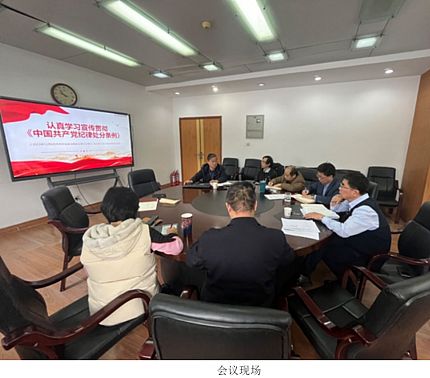**** This is in USA, not Taiwan ****
As I just published an article about Ma's alleged gay video, the gay community in California, (CA) USA, was attending a court hearing to fight for their right.
A can't-be-more-brief background:
- CA granted gay/lesbian marriage last year;
- Many gay/lesbian couples took the chance to get married;
- Several other states followed;
- Months later, some committee voted to revoke the state decision. Now the gay marriage is back to illegal;
- The gay community appealed, so the state court issued a hearing to listen arguments from both sides.
What interested me is a question raised by a CNN commentator:
Can the majority vote to suppress minority's right ?
The special feature of the gay right is that, those majority voting against it doesn't suffer a bit in their rights even gay marriage becomes legal. It is simply none of the majority's business. If we want to be more specific, the question can be rephrased as:
Can the majority vote to suppress minority's right that is nothing to do with the majority?
In this case, it did happen, the right of minority (gay) is suppressed by a voting against them.
The gay community argued that it violates the constitution. The anti-gay side argued that the constitution is written by people so people do have the right to re-write it.
Headache !
I think this is very fundamental issue of democracy, as the same question can certainly pop up in any right other than gay's.
The court will give a ruling in 90 days. Lets see how the court handles this.









3 comments:
A CNN commenter asked:
- - -
Can the majority vote to suppress minority's right ?
- - -
The answer is plainly "No." It's called "Majority Rule, Minority Rights," and the introduction to a longer explanation goes like this [bold emphasis mine]:
- - -
On the surface, the principles of majority rule and the protection of individual and minority rights would seem contradictory. In fact, however, these principles are twin pillars holding up the very foundation of what we mean by democratic government.
• Majority rule is a means for organizing government and deciding public issues; it is not another road to oppression. Just as no self-appointed group has the right to oppress others, so no majority, even in a democracy, should take away the basic rights and freedoms of a minority group or individual.
- - -
Follow the link for the rest.
Tim Maddog
I just noticed that there's also a Simplified Chinese version (多数决定和少数权利) of the document I linked above. The translation of the portion that I quoted in my first comment goes like this [bold emphasis mine]:
- - -
从表面看,多数决定与保护个人和少数派权利的原则似乎相互矛盾。但实际上,它们是一对支撑我们所说的民主政体的基础支柱。
· 多数决定的原则是组织政府和决定公共事务的一种方式,不是导致压制的另一途径。正如没有任何一个自我任命的群体有权压迫其他人一样,多数派,即便是在民主制度下,也不应剥夺少数群体或个人的基本权利和自由。
- - -
As with the English version, there's a bit more on the original page.
I neglected to mention that this info comes from a U.S. Department of State publication called Principles of Democracy (《民主的原则》).
Tim Maddog
Thanks, Tim. I like this paragraph too:
Among the basic human rights that any democratic government must protect are freedom of speech and expression; freedom of religion and belief; due process and equal protection under the law; and freedom to organize, speak out, dissent, and participate fully in the public life of their society.
Post a Comment